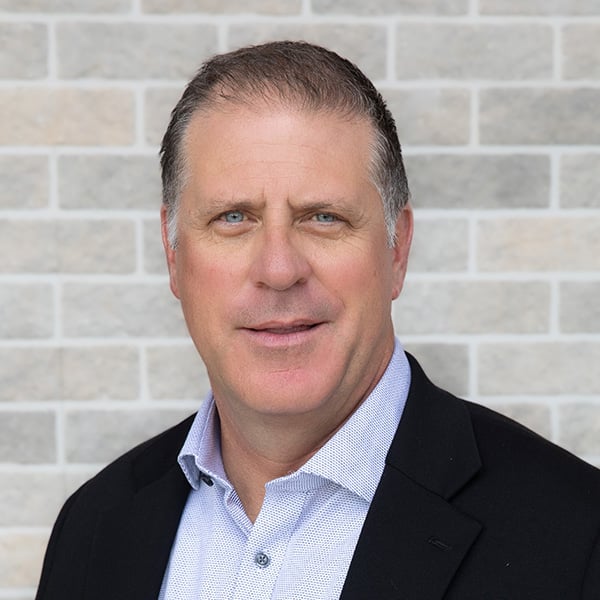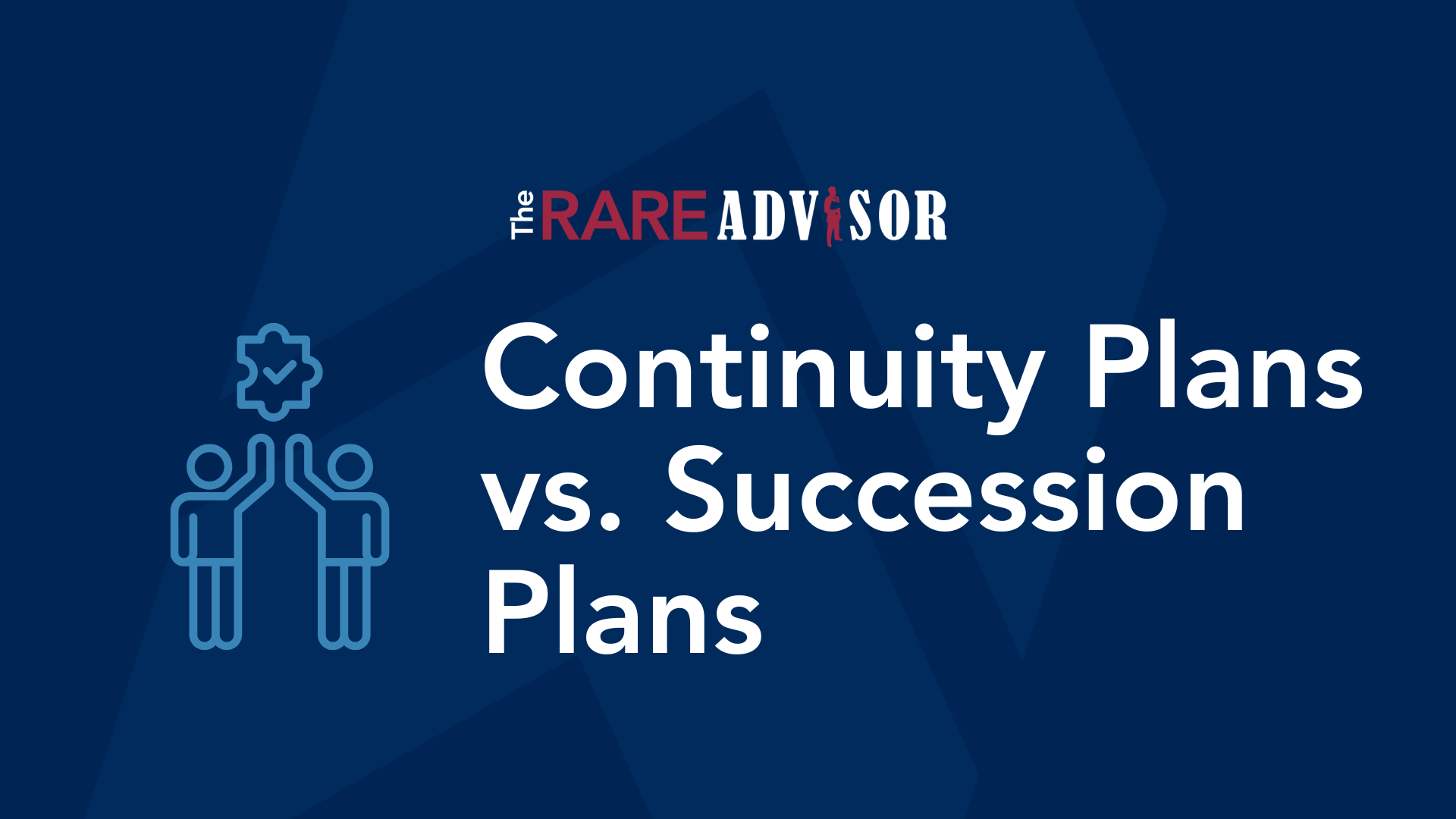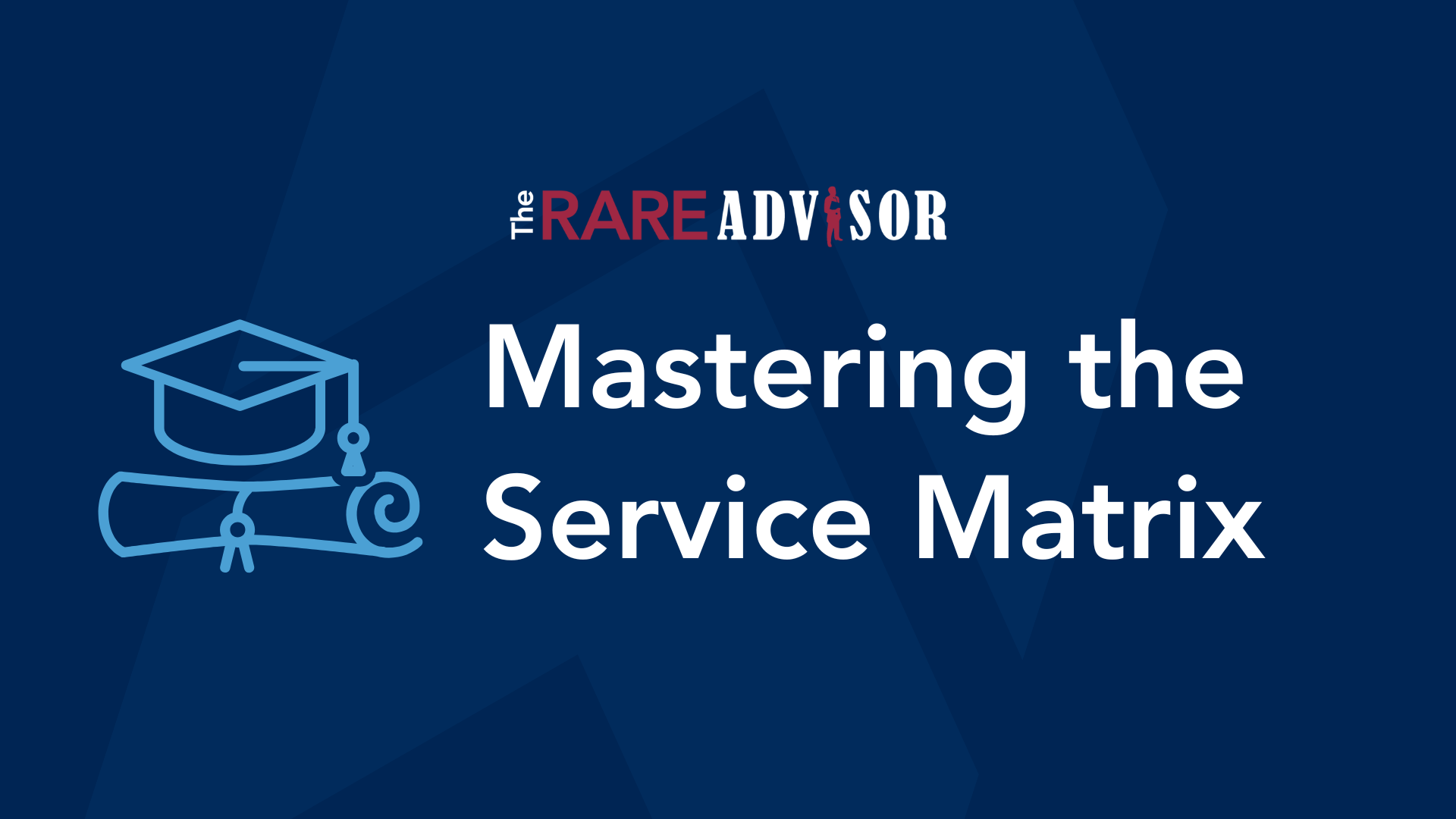Hire Smarter: 5 Traits I Use to Evaluate People
.png)
In this episode of Future Zeros, Mike shares a simple but powerful five-word framework to quickly evaluate the people around you—whether it's a prospective hire, a business partner, a new customer, or even yourself. Drawing from years of experience leading teams and building partnerships, he breaks down the core traits he looks for: Gratitude, Honor, Effort, Intent, and Serve. This personal “cheat sheet” is a practical tool for leaders who want to build stronger teams, make better hiring decisions, and align themselves with the right people both professionally and personally. If you’ve ever asked yourself, “Is this someone I want on my team?”—this video is for you.
Summary
In this episode of Future Zeros, we introduce a professional framework to quickly evaluate the people you interact with—whether they are potential hires, business partners, team members, or affiliates. Mike calls it his five-word cheat sheet, made up of the words: Gratitude, Honor, Effort, Intent, and Serve. These five qualities form the lens through which he assesses relationships and determines if someone aligns with the culture and values of his organization.
As businesses grow, so does the complexity of managing people. While formal HR departments are helpful, Mike argues that the ability to make quick, instinctive assessments of others is essential for any leader. This framework helps him decide not only who is the right fit for his company, but also who might need to be let go, and who deserves to be nurtured and developed.
Gratitude, the first trait, is a reliable indicator of someone's character. People who are grateful for their job, their colleagues, or the opportunity they’ve been given tend to perform better. Conversely, those who radiate entitlement often struggle to integrate into healthy workplace cultures.
Honor is about how individuals treat those around them. Do they uplift others regardless of rank or status? Do they show respect even in disagreement? Those who honor others contribute to a more collaborative and respectful environment.
Effort focuses not on outcomes, but on input. Mike doesn’t expect perfection—he looks for heart, grit, and a willingness to put in the work. Whether it’s a kid on a soccer field or a seasoned employee in a cubicle, effort reveals who is invested in the mission.
Intent is perhaps the most important of the five. Mike believes mistakes are forgivable if they come from the right place. Pure intentions, aimed at doing what’s best for the team or the organization, matter far more than a flawless track record. A bad outcome can be coached; bad intent cannot.
Finally, Serve is about whether someone is a giver or a taker. True team players serve those around them—coworkers, clients, and even their families. Those who look out only for themselves are rarely good long-term fits. As Mike notes, those who serve well are often the ones who are elevated over time.
This simple, intuitive framework allows leaders to evaluate character quickly and effectively across a variety of contexts—from hiring decisions and partnerships to internal development. While none of the traits are easily taught, they are often easy to observe, making them powerful tools for decision-making in business and in life.
Transcript
The bigger you get, the more you're going to be involved with having a human resources department. We actually have that here at USA financial and at the greater mothership of AmeriLife. However, that being said, when the business hits the road, when the rubber hits the road, if you will, there's a quick assessment that I use that I kind of check the boxes of how I identify what kind of team player do I have? Is this someone I want to nurture and grow with the company? Is this someone who's just punching the clock? Maybe they're doing an okay job. Maybe that's all I need them to do. They're happy. I'm happy. Is this someone who aspires to have a greater role in the company, and I have to determine if that's ever going to be possible based upon the makeup of their psyche and personality? Or am I looking at a situation where I've got a problem on my hands and I have to decide, am I going to continue to struggle along with this person, hoping I can get them to the level I need them to be at? Or is it time to "cut bait", as they say? Is it time to let that person go. How do I make that initial, kind of unofficial, unscientific assessment?
The way I do it, my compass if you will, I use it for myself when I'm identifying things about myself, but in this instance, I'm using it specifically as I assess other people, and I do this in a lot of different venues, so this is a pretty universal tool. I do this when I'm assessing other financial advisors who wish to affiliate with us. I'm doing this when I'm assessing business deals and who we may partner or do work with on a collaborative basis. I'm looking at this from the perspective of any joint venture work that might be done or important vendors that we might be dealing with or contemplating bringing upon anytime. I'm trying to make that assessment, I'm going to look at these five things: gratitude, honor, effort, intent and serve. Those are my five words, gratitude, honor, effort, intent and serve. I want to make sure that those are all coming in the way I need them to.
In other words, gratitude is kind of an easy telltale. If someone is showing gratitude, if they if they're thankful for their job, if they're thankful for the relationship, if they're thankful for the opportunity, if they're thankful for the people that work around them, if they're just simply showing various forms of gratitude, that person tends to perform better, to do better in life, in business, in career, in negotiating, whatever the case might be, they tend to kind of get it, if you will, if they are giving off this entitlement aura that's probably the opposite of gratitude honor.
Honor is, how are they treating the other people around them? Are they honoring them, whether they like them or don't like them, whether they're above them or whether they're beneath them? Are they honoring them? Are they lifting them up? Are they assisting them? Are they giving credit where credit is due? How are they treating them? Are they polite? Are they friendly? Are they compassionate? Whatever the case may be, how are they? How are they honoring, or are they honoring other people?
Effort is, what are they putting forth? Not necessarily, are they successful or not not or are they winning or not. Not even, are they good at it or not. Are they giving effort? You know, are they? Are they putting their heart and soul into it? Are they pushing forward? Or can you see that there is a tremendous amount of of effort, of grit going into this thing that than it is, whether it's a kid on a soccer field. Uh, or whether it's uh, the person in the cubicle next to you, or whether it's someone that you hired two years ago, are they putting effort forth in what it is, whatever it is they're attempting to do with you, for you, next to you, alongside of you, inside of the company, whatever the case might be.
Next is intent. Intent is probably the biggest one for me. I don't care if someone makes a mistake, if their intent was pure, if what they meant to do, what they meant to accomplish, was in the best interest of the company, or even if they made a bad decision, if they did it in a way that they intended it to work out. Well, I don't care about the result. I care about the intent. I can fix results. Usually, I can teach, I can educate, I can motivate, I can mentor. But I can't fix intent. If they have good intent for the company that's that's going to always be valued if they have ill intent for the company, for the customers of the company, for the relationships inside of the company, those are things I don't have enough time to fix and probably never could, no matter what.
And lastly, is the word serve. Are they serving others in the business, in the relationships that they have inside of the company, are they serving your customers well? Do they serve well at home? Are they, you know, just that kind of a person, if you will, or are they a taker? Are they? Are they pulling everything towards them? Are they trying to to do and simply look out for what's best for them. Because in the end, the people who do that, they don't actually do what's best for them, because what's best for everyone is serving. When you serve well, you get elevated accordingly. That's just the nature of the world. And if they haven't figured that out for themselves yet, I'm not going to be able to kind of educate them on that either.
So these are things that are vitally important to me, and as you probably noticed, the theme is that these are things that likely are outside of my control, right? I can't control these things about other people, so I have to see them in that other person to know that we're going to click together, that we're going to be good teammates, that there's someone I want on my team, if I'm hiring, if I'm affiliating with them, if I'm going to work with them, whatever the case might be, gratitude, honor, effort, intent, serve. Gratitude. Honor effort, intent serve.
--
Future Zeros is a series for financial advisors who want to increase the value of their firm today and in the future. Your host, Mike Walters (CEO of USA Financial), digs into the nuances of mergers, acquisitions, and succession within the financial advice industry to help you add “future zeros” to your bottom line. Whether you are nearing an exit, just entering the business, or in the middle of building your practice, the Future Zeros series will provide thoughtful insights into how to grow your practice the right way in order to maximize your future value and minimize the risk associated with doing s
Author Info

Mike Walters is the Chief Executive Officer (CEO) of USA Financial, leading the firm since its inception in 1988. Mike is committed to...
Related Posts

Continuity Plans vs. Succession Plans: Why Every Advisory Practice Needs Both
What’s the difference between a continuity plan and a succession plan—and why does your advisory practice need both? In this episode of The Rare Advisor, Aaron Grady breaks down these two essential strategies, explains how they protect your firm from unexpected events and prepare you for long-term success, and shares practical steps to start building or improving your plans. If you want to safeguard your business, elevate your professionalism, and protect your legacy, this episode is a must-watch.

Behavioral Finance, Simplified: 5 Biases Advisors Must Use in Their Marketing
In this episode of Financial Advisor’s Marketing Playbook, host Mark Mersman breaks down five core behavioral biases—loss aversion, status quo bias, anchoring, choice overload, and social proof—and shows how each can be translated into clear, compliant marketing messages that resonate with real human decision-making. You’ll learn how to reduce cognitive load, make emotion visible, eliminate friction, and set deliberate anchors in your website copy, emails, seminars, and first meetings. If you want your marketing to reflect how clients actually think and choose advisors, this practical framework will help you shift from a purely logical approach to one that validates emotions first—and earns trust that clients can later justify with facts.

Mastering the Service Matrix: Elevate Client Experience & Drive Advocacy
In this episode of The Rare Advisor, Aaron Grady and Allan Oehrlein dive deep into two essential tools for modern advisory practices: the service matrix and the stewardship framework. Discover why moving from a reactive to a proactive service model is critical for consistency, scalability, and client advocacy. Learn how these frameworks help advisors deliver predictable, high-touch experiences, segment clients effectively, and create professional contrast that sets your firm apart. If you want to elevate your client experience and build loyalty that lasts, this conversation is packed with actionable insights.

Continuity Plans vs. Succession Plans: Why Every Advisory Practice Needs Both
What’s the difference between a continuity plan and a succession plan—and why does your advisory practice need both? In this episode of The Rare Advisor, Aaron Grady breaks down these two essential strategies, explains how they protect your firm from unexpected events and prepare you for long-term success, and shares practical steps to start building or improving your plans. If you want to safeguard your business, elevate your professionalism, and protect your legacy, this episode is a must-watch.

Behavioral Finance, Simplified: 5 Biases Advisors Must Use in Their Marketing
In this episode of Financial Advisor’s Marketing Playbook, host Mark Mersman breaks down five core behavioral biases—loss aversion, status quo bias, anchoring, choice overload, and social proof—and shows how each can be translated into clear, compliant marketing messages that resonate with real human decision-making. You’ll learn how to reduce cognitive load, make emotion visible, eliminate friction, and set deliberate anchors in your website copy, emails, seminars, and first meetings. If you want your marketing to reflect how clients actually think and choose advisors, this practical framework will help you shift from a purely logical approach to one that validates emotions first—and earns trust that clients can later justify with facts.

Mastering the Service Matrix: Elevate Client Experience & Drive Advocacy
In this episode of The Rare Advisor, Aaron Grady and Allan Oehrlein dive deep into two essential tools for modern advisory practices: the service matrix and the stewardship framework. Discover why moving from a reactive to a proactive service model is critical for consistency, scalability, and client advocacy. Learn how these frameworks help advisors deliver predictable, high-touch experiences, segment clients effectively, and create professional contrast that sets your firm apart. If you want to elevate your client experience and build loyalty that lasts, this conversation is packed with actionable insights.

